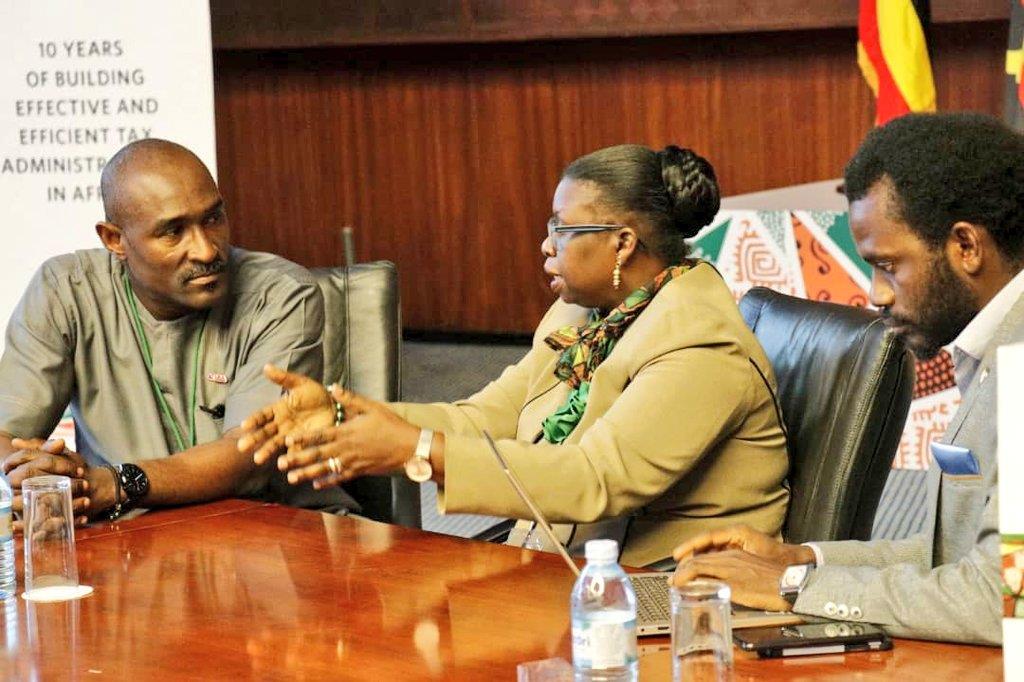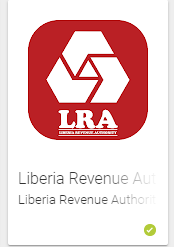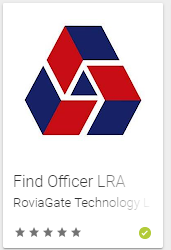LRA, URA CGs Hold Talks On Bilateral Cooperation As African Tax Administrators Discuss Taxing Digital Economy By D. Kaihenneh Sengbeh (November 25, 2019): Liberia Revenue Authority Commissioner General Thomas Doe Nah and his Ugandan counterpart Ms. Doris Akol have held talks to build a partnership on tax matters between the two revenue authorities.

The two Commissioner Generals, among other things, discussed how they would work to build a mutual and friendly professional cooperation that would impact capacity building, knowledge-sharing and revenue collection in their respective countries.
Among other things discussed included the organizing of study tours, especially in Uganda, constant engagement in the exchange of information and how the LRA could tap from the vast experience of the URA in terms of digitalizing its tax system.
The meeting also considered building human capacity in taxation, considering the possibility of establishing a joint tax academy, as both countries are thinking in the same direction. The two Commissioner Generals agreed that they will work on a formal document for such a partnership. The documentation will take into account the nature and scope of the partnership, specifying all the terms.
The meeting was held recently on the margins of the African Tax Administration Forum’s 4th International Conference on Tax in Africa (ICTA) in Kampala, Uganda from 19th to 21st November 2019 at Kampala International Conference Center. Forty 48 Countries (37 are from Africa) were represented by over 450 participants from Ministries of Finance, African Tax Administrations, Members of Parliament, Civil Society, multilateral bodies and individual tax policy experts.
The purpose was to deliberate on how Africa can contribute to the current global debate on new taxing rights, to ensure African countries benefit from the new global tax rules that are expected to be agreed upon in 2020, and also to discuss how African tax administrations can harness technology to improve tax systems. During the 4th ICTA, ATAF also celebrated its 10th Anniversary, reflecting on the past decade and future plans of the organization in assisting African countries to boost Domestic Revenue Mobilisation efforts. The Uganda Revenue Authority (URA) hosted the 4th ICTA and 10th-anniversary celebrations.
CG Nah, during the event, called on African tax administrators to focus mainly on the opportunities presented by the digital economy while finding means to tackle the challenges it poses. He called for efforts to create more formal economies than informal, as informality undermines taxation in the digital economy. He advised tax administrators to be more of managing relationships than enforcement of tax rules.
Meanwhile, participants at the conference agreed that in a changing world dictated by the rapid growth of digitization, and its complex challenges, African countries need to adapt and innovate to enable them to collect taxes effectively and efficiently. In responding to the challenges of digitalization, the participants recommended that policymakers at Finance Ministries must work together with tax administration officials to respond timeously to the critical improvements required in domestic laws, tax treaties provisions, limited technical abilities, ineffective tax incentives, and limited tax information exchange.
Further, the meeting observed that the virtual presence of multinational enterprises was real as the number of users of these technologies continues to increase in Africa. Additionally, recent published opinions predicted that by the end of 2020, there would be more than 1 Billion mobile SIM connections in Africa. Thus, Africa cannot stand on its own and must participate in the global tax debate in developing new policies on nexus and profit allocation rules. Participants called on African countries to look beyond self-interests, and work together on the challenge of taxing the digital economy, by seeing this as a common concern. In this regard, it was agreed that ATAF ought to play a vital role in supporting member countries by providing requisite technical assistance and support. Additionally, it was observed, that African countries ought to be aware that large multinationals will protect their interests over ethical considerations; therefore, tax administration should prepare for a new wave of tax evasion tactics by investing in building the capacity of their organizations in terms of technology, people skills, and data analytics. D. Kaihenneh Sengbeh is Manager for Communications, Media and Public Affairs at LRA (kaihennneh.sengbeh@lra.gov.lr) and wrote this from Kampala


